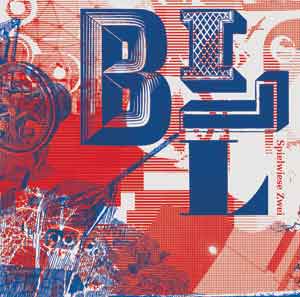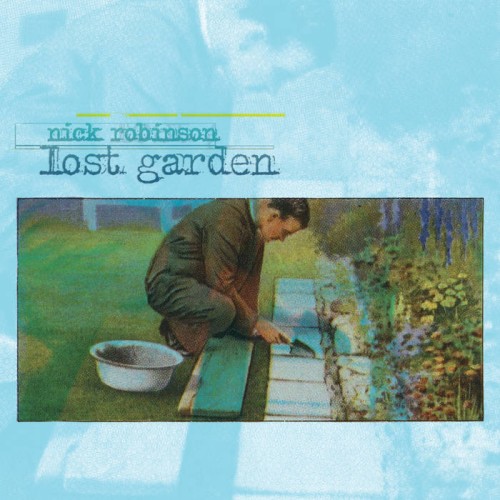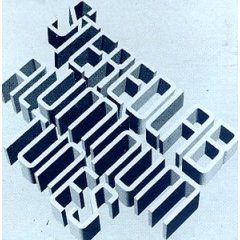 Klangbad are having a busy month, treating us to two almost simultaneous releases by intriguing quartets. Bob Rutman’s Steel Cello Ensemble is reviewed elsewhere, and here we have Spielwiese Zwei, the first release by B.I.L.L. This group brings together two of the most respected instrumentalists of the original krautrock era, Can’s Jaki Liebezeit and Faust’s Hans-Joachim Irmler, alongside their spiritual heir Robert Lippok of To Rococo Rot and English ethno-experimentalist (and occasional Wire writer) Clive Bell.
Klangbad are having a busy month, treating us to two almost simultaneous releases by intriguing quartets. Bob Rutman’s Steel Cello Ensemble is reviewed elsewhere, and here we have Spielwiese Zwei, the first release by B.I.L.L. This group brings together two of the most respected instrumentalists of the original krautrock era, Can’s Jaki Liebezeit and Faust’s Hans-Joachim Irmler, alongside their spiritual heir Robert Lippok of To Rococo Rot and English ethno-experimentalist (and occasional Wire writer) Clive Bell.
On stage, Clive Bell seemed at times a front man, bringing melodic focus with his shakuhachi and flutes as the other three generated groove and texture, but in the studio his array of wind instruments mesh with Lippok and Irmler’s electronic squeals and drones, forming a richly detailed mosaic. The quartet integrate to such an extent that it’s often difficult to identify a sound’s origin, apart from Liebezeit’s cyclical drum patterns which provide a climbing frame for the other sounds to swing from and bounce against. More than forty years after deconstructing the role of the rock drummer, Liebezeit’s technique is still constantly evolving. Having discarded kick drum and hi-hat, his increasingly sparse precision sounds at once both unique and remarkably simple. Both live and on record, the drum patterns draw your attention like a hypnotist’s swinging watch, allowing the rest of the sound to wash through your consciousness in wave upon wave.
Bell and Liebezeit have played together on Jah Wobble’s projects, and at times B.I.L.L. hint at Wobble’s unaffected hybrid of dub and ‘World’ music. Saw Delight-era Can is another tenuous reference point, as perhaps is early Embryo. Mostly though, they sound like nobody else, covering a wide range from the techno pulse of “The Thrower” to the doom-laden sludge metal of “World War 1,” the queasy alien loungescapes of “Das Boot” to the perky dub-gamelan of “Glassbamboo.” A particular highlight is Irmler’s wonderfully pulsing and creaking organ on the ten and a half minute “Under Water” – he surely ranks alongside Soft Machine’s Mike Ratledge as having the most instantly recognisable organ sound in rock music – a full-blooded ursine roar of elemental force. If the rumours accompanying last year’s excellent [post=”faust-is-last” text=”Faust Is Last”] album turn out to be true and he is finally retiring the Faust name*, the man himself certainly appears to be more active and inspired than ever.For all four members’ strengths though, the real magic of B.I.L.L. comes from the interplay and spaces between the four, the true star of the show being that phantom fifth member who manifests from the ether when the group get cooking. Even at its most brooding, B.I.L.L.’s music retains an airy lightness of touch and a restless sense of movement that makes Spielwiese Zwei a total joy. An E.L.P. for the 21st century, B.I.L.L. couldn’t be further from an old style supergroup of clashing egos and rampant soloing; the album is crammed full of invention and a tangible sense of four people taking pleasure in creative interaction. Let’s hope that these four alchemists find time in their schedules to regroup for further adventures, both on stage and in the studio.
-Alan Holmes-
*(Editor’s note – to avoid -or maybe add to – confusion, it should be mentioned that Jean-Hervé Péron and Zappi Diermaier continue to play together in an entirely separate Faust.)



